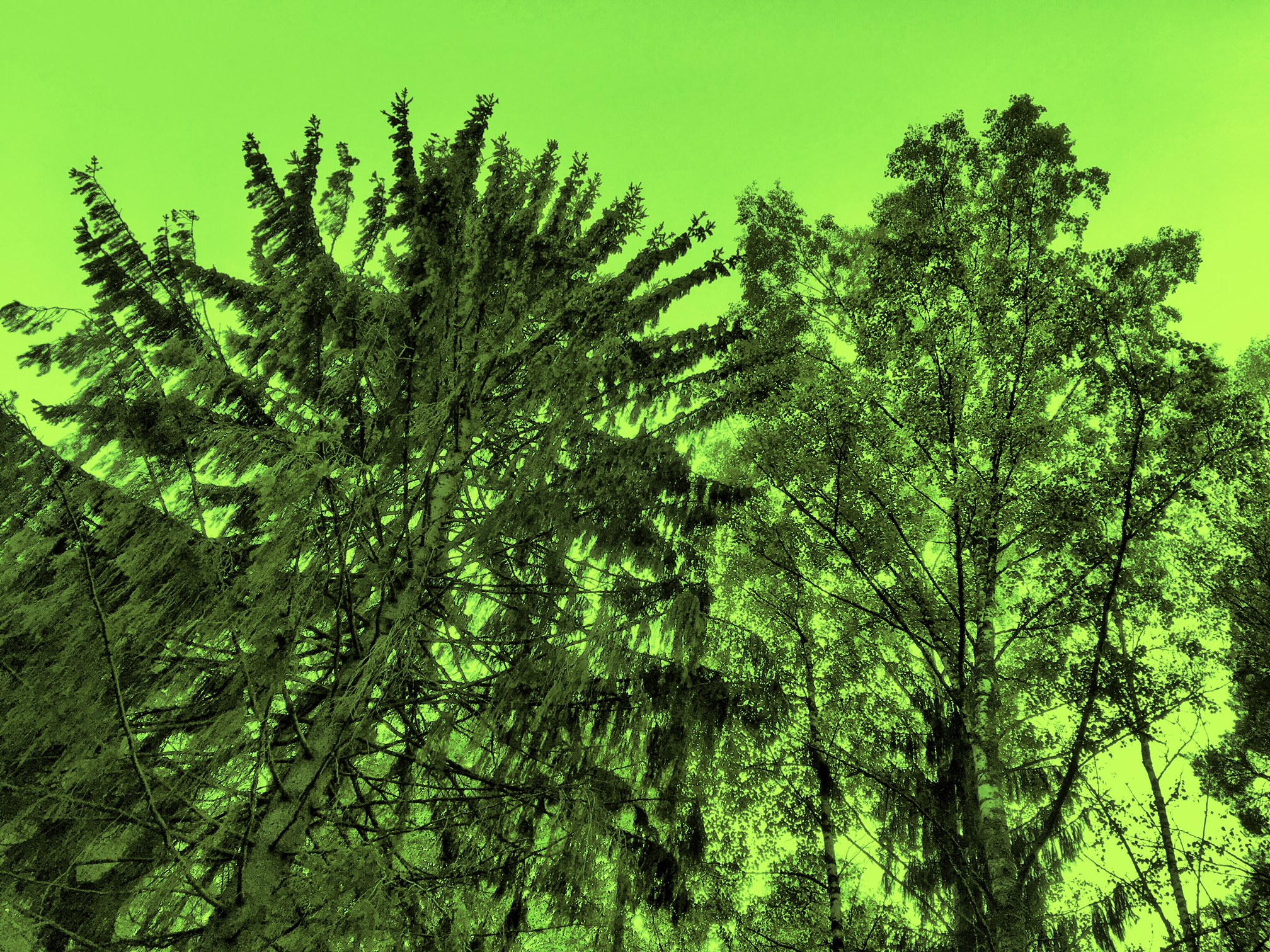
Credits: 5
Schedule: 14.03.2019 - 10.05.2019
Teacher in charge (valid 01.08.2018-31.07.2020):
Riikka Puurunen
Contact information for the course (applies in this implementation):
Students: please primarily contact Senior lecturer, Dr. Reetta Karinen (firstname.lastname@aalto.fi). Reetta will bring the matters to the knowledge of the professor in charge, if necessary.
Teaching Period (valid 01.08.2018-31.07.2020):
IV-V
Learning Outcomes (valid 01.08.2018-31.07.2020):
After the course the student will be able to:
- Understand the fundamental principles of heterogeneously catalyzed reactions
- Give a quantitative description of adsorption/desorption and the kinetics of catalytic reactions on a surface
- Account for how the catalytic activity and selectivity is influenced by the physical properties of a catalyst.
- Understand the prerequisites of thermal stability of heterogeneous catalysts.
- Understand the role of the different acidic sites of a solid acid catalyst and knows how to analyze those sites.
- Describe the role of heterogeneous catalysis in novel biorefinery concepts in agreement with the rules of green chemistry.
- Demonstrate knowledge of enzymatic and fermentation processes from the molecular and technical perspectives
- Understand the role of biological processes in catalyzing novel valorization processes of renewables.
- Apply ethical practices and behavior in all aspects of biotechnological and chemical scientific endeavors.
Content (valid 01.08.2018-31.07.2020):
Special course covering chemical catalysis and biotechnology applications in biomass refining processes.
The course deals with chemical and physical phenomena that are important within heterogeneous catalysis. The pore structure and surface properties of solid catalysts, their catalytic activity and selectivity, and stability towards hydrothermal treatment will be described in detail. Different cases where solid catalysts are used for the manufacture of high value-added products are presented and discussed. The use of enzymes as biocatalysts for the conversion of components isolated from biomass, preferably lignocellulose, into value-added intermediates and platform chemicals - optionally combined with subsequent fermentation - covers an essential part of the course. Further, instrumentation and methods for characterization of catalytic systems will be described. Important industrial processes for the exploitation of natural gas as well as the catalytic upgrading of pyrolysis oil will be described and used as examples. The course is well suited for master students with interests directly related to catalysis and PhD candidates working within related areas. The course includes lectures by visiting specialists from academia and industry; hence the state-of-the-art knowledge on the use of catalysts in different biorefinery cases is provided to the students.
Assessment Methods and Criteria (valid 01.08.2018-31.07.2020):
Part of the assessment is quizzes during the lectures.
Workload (valid 01.08.2018-31.07.2020):
5 cr = 135 h
- lectures 22 h
- Scientific review article 55 h
- calculation exercises 35 h
- Self-study 23 h
Study Material (valid 01.08.2018-31.07.2020):
Lecture notes, text books: Principles and Practice of Heterogeneous Catalysis (Thomson&Thomson), Beyond oil and gas: The Methanol Economy (G.A. Olah), Chemical Porcesses for a Sustainable Future (Trevor Letcher, Janet Scott and Darell Patterson), Green Chemistry and Catalysis (R.A. Sheldon, I. Arends, U. Hanefeld).
Course Homepage (valid 01.08.2018-31.07.2020):
https://mycourses.aalto.fi/course/search.php?search=CHEM-E1140
Grading Scale (valid 01.08.2018-31.07.2020):
0-5
